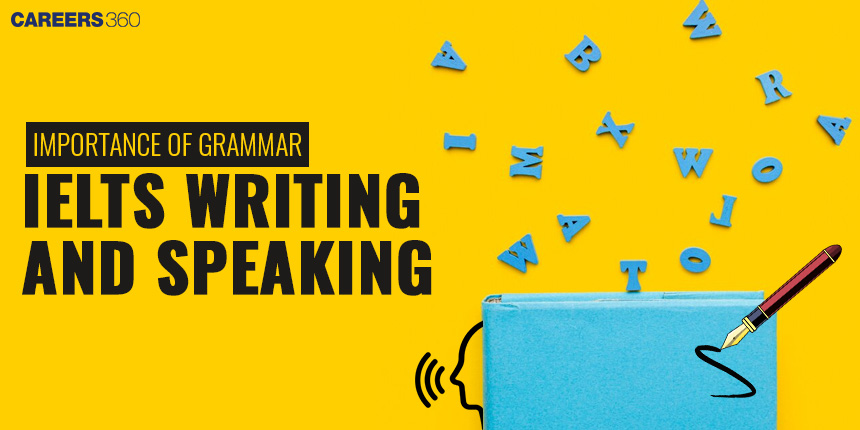IELTS Grammar Topics | Definition | Example | Sentence Example |
Noun | A word that represents a person, place, thing, or idea. | Cat, London, happiness | "The cat slept on the windowsill." |
Pronoun | A word that takes the place of a noun. | He, they, it | "He is going to the store." |
Verb | A word that expresses an action or a state of being. | Run, is, seem | "She runs every morning." |
Adjective | A word that describes or modifies a noun or pronoun. | Tall, happy, blue | "The tall building is impressive." |
Adverb | A word that modifies a verb, an adjective, or another adverb, often ending in "-ly." | Quickly, very, well | "She quickly finished her homework." |
Preposition | A word that shows the relationship between a noun (or pronoun) and other words in a sentence. | In, on, at | "The book is in the bag." |
Conjunction | A word that connects words, phrases, or clauses. | And, but, or | "She likes apples and oranges." |
Interjection | A word or phrase that expresses strong emotion or surprise. | Wow!, Oh!, Ouch! | "Wow! That was amazing!" |
Modifiers | Words, phrases, or clauses that describe in sentences, including adjectives and adverbs. | Very, extremely, quite | "The very tall building collapsed suddenly." |
Parallelism | The use of similar grammatical structures in related words, phrases, or clauses to create a sense of rhythm and balance. | Reading, writing, jogging | "She likes reading, writing, and jogging." |
Idioms | Expressions whose meanings are not predictable from the usual meanings of their constituent elements. | Raining cats and dogs, piece of cake, break the ice | "It's raining cats and dogs." |
Passive Voice | A sentence structure where the subject receives the action of the verb. | The book was read, the cake was eaten, the letter was written | "The book was read by Mary." |
Metaphor | A figure of speech that involves an implied comparison between two unlike things. | Time is a thief, the world is a stage, heart of stone | "Time is a thief that steals our moments." |
Simile | A comparison using "like" or "as." | As brave as a lion, as busy as a bee, as light as a feather | "He fought as brave as a lion." |
Figures of Speech | Various rhetorical devices used to convey meaning or heighten effect. | Breaking the ice, hit the nail on the head, spill the beans | "He told a joke to break the ice." |
